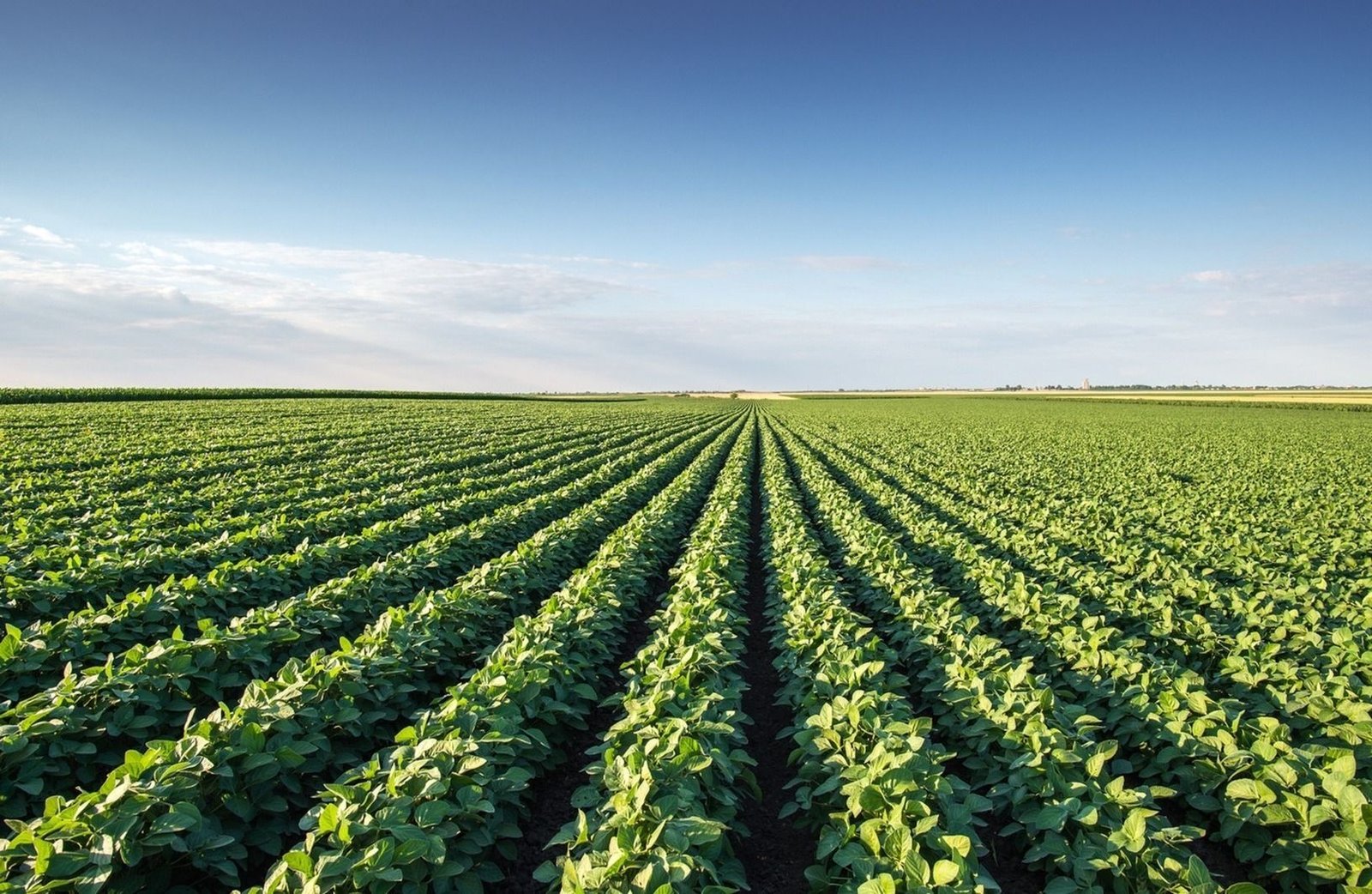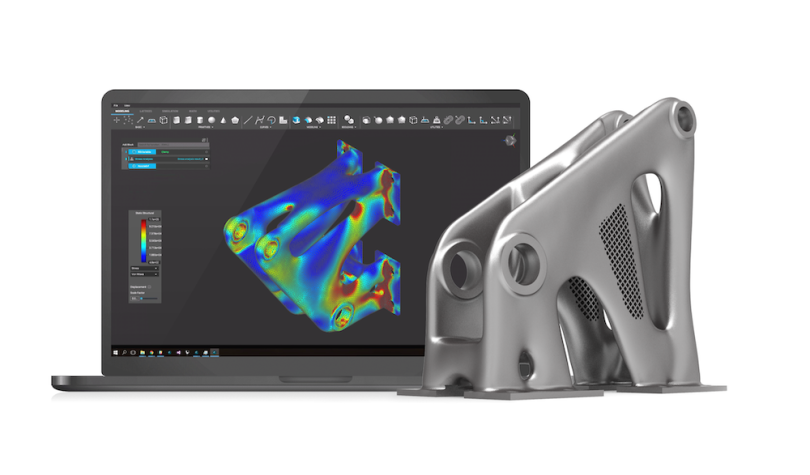From Farm To Fork: Agritech Is Transforming African Agriculture

Executive Summary

Agritech, short for agricultural technology, has emerged as a transformative force, revolutionizing agriculture in Africa. By leveraging technological advancements, agritech is empowering farmers, boosting productivity, and enhancing food security across the continent. As Africa strives towards sustainable and inclusive agricultural development, agritech holds immense potential to address the challenges faced by its agricultural sector.

Introduction
Agriculture remains the backbone of African economies, providing livelihoods for millions of people. However, the sector has long been plagued by low productivity, poor infrastructure, and limited access to markets. Agritech is changing this narrative, offering innovative solutions that address these challenges and pave the way for a more prosperous agricultural future.
FAQs
-
What is the role of agritech in African agriculture?
Agritech utilizes technology to enhance various aspects of agriculture, including crop production, livestock management, and supply chain optimization. By providing farmers with access to data, tools, and resources, agritech empowers them to make informed decisions, improve yields, and connect with markets. -
How is agritech improving food security in Africa?
Agritech promotes sustainable farming practices, reduces post-harvest losses, and enhances access to agricultural inputs. By increasing productivity and efficiency, agritech contributes to ensuring a steady supply of nutritious food for growing populations. -
What are the challenges to agritech adoption in Africa?
Despite its transformative potential, agritech adoption in Africa faces challenges such as limited infrastructure, poor internet connectivity, and high costs. Additionally, some farmers lack the necessary knowledge and skills to effectively utilize agritech solutions.
Key Subtopics
Precision Farming
-
Definition: Utilizes sensors, drones, and data analytics to monitor crop conditions and provide tailored recommendations for irrigation, fertilization, and pest control.
-
Benefits: Improved resource utilization, increased yields, reduced environmental impact.
Digital Marketplaces
-
Definition: Online platforms that connect farmers with buyers, input suppliers, and other stakeholders.
-
Benefits: Increased market access, transparent pricing, and reduced transaction costs.
Blockchain for Traceability
-
Definition: Uses blockchain technology to track the movement of agricultural products from farm to fork.
-
Benefits: Ensures product authenticity, reduces fraud, and enhances consumer confidence.
Climate-Smart Agriculture
-
Definition: Integrates agricultural practices with climate change mitigation and adaptation strategies.
-
Benefits: Improves resilience to climate variability, reduces greenhouse gas emissions, and promotes sustainable land management.
Agribusiness Incubation
-
Definition: Programs that provide support, mentorship, and resources to entrepreneurs in the agricultural sector.
-
Benefits: Fosters innovation, creates employment opportunities, and contributes to economic growth.
Conclusion
The transformation of African agriculture through agritech is well underway. Agritech offers a powerful toolset that empowers farmers, enhances productivity, and improves access to markets. By embracing innovation and investing in agritech solutions, Africa can unlock its agricultural potential and ensure a sustainable and food-secure future for its people.
Keyword Tags
- Agritech in Africa
- Agricultural Technology
- Food Security in Africa
- Precision Farming
- Digital Marketplaces for Agriculture






